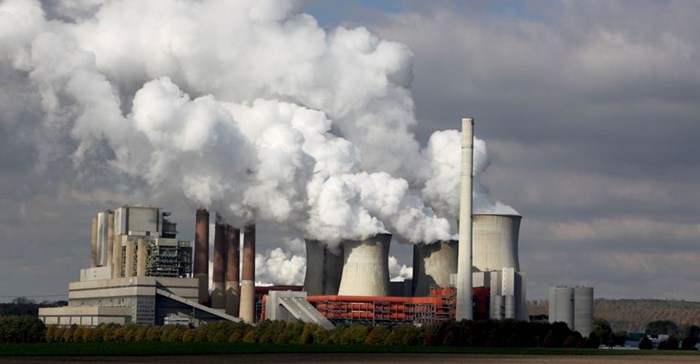
Top stories

Marketing & MediaBehind the campaign: Reframing fairness in ride-hailing: The inDrive success story
inDrive 38 minutes





More news














In a communique from a number of environmental groups, they say that that Medupi and Kusile – South Africa’s much delayed and over-budget, new coal-fired Eskom power stations are shifting the focus - with little public attention being given to the additional 2,500 mW of privately owned coal-fired electricity that the minister of energy has planned.
The new coal energy will be sold to Eskom by those independent coal-fired power producers (IPPs) that are successful bidders in terms of the Coal Baseload Independent Power Producer Procurement Programme (CBLIPPPP).
To date, groundWork (gW) and Earthlife Africa Johannesburg (ELA), together with community partners in the Vaal, Mpumalanga Highveld, and KwaZulu-Natal have launched a legal challenge against three proposed new coal-fired power stations proposed under the CBLIPPPP. These are the 1,200 mW Thabametsi power station (near Lephalale in the Limpopo); the 600 mW KiPower power station (near Delmas, Mpumalanga); and the 1,050 mW Colenso Power station (near Colenso, KwaZulu-Natal).
They argue that there should be no new investment in coal power, and that resources should be redirected to renewable energy. gW director, Bobby Peek, says: “Unlike dirty coal, renewable energy projects in South Africa have a track record of being built on time and within budget. Moreover, renewables do not damage the health of people and pollute water, or contribute to global warming that causes climate change.”
Meanwhile, Botswana-listed junior coal miner, Shumba Energy, is pleased with the decision of the minister of energy, along with the National Energy Regulator of South Africa (NERSA), to formally determine the terms for cross-border electricity procurement.
The South African department of energy will be responsible for selecting and procuring IPP programmes targeting connection to the grid with a specific additional generation capacity of 3,750 mW from coal. The electricity must be purchased directly from IPPs by Eskom Holdings or by any successor entity to be nominated by the Minister of Energy.
“The management and board of Shumba Energy have based the company’s projects investment plan and associated project development programmes upon the key strategic understanding that cross-border energy demand would eventually become a reality within the southern region of Africa,” says Mashale Phumaphi, managing director at Shumba Energy.
Shumba considers two of its advanced baseload coal-fired energy projects as suitable for cross-border energy procurement: the Mabesekwa Export IPP in the northeast of Botswana and the Sechaba Coal IPP near Palapye. These two projects are ideally positioned to handle the complete investment required to provide bankable energy to the cross-border grids of Southern Africa.